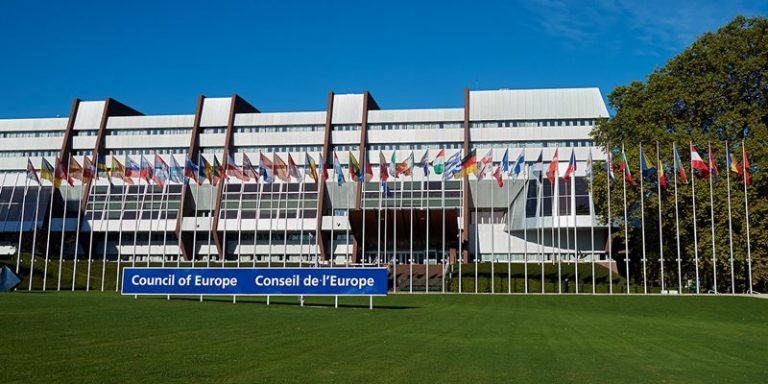
In response to developments in profiling techniques over the past decade, the Council of Europe’s Committee of Ministers adopted a recommendation on the protection of individuals with regard to the processing of personal data in early November. It provides that respect for fundamental rights and freedoms, including the rights to respect for human dignity and privacy, as well as freedom of expression, the principle of non-discrimination and the imperatives of social justice, cultural diversity and democracy, should be guaranteed in both the public and private sectors during all profiling operations.
The previous recommendation dealing with this subject was adopted in 2010, this one updates it and aligns it with the Convention on data protection “Convention 108+”.
The Council of Europe works to safeguard and promote privacy and data protection rights through an international convention, cooperative actions at the global level, complementary guidelines and capacity building measures. The Council of Europe Convention for the Protection of Individuals with regard to the Processing of Personal Data (“Convention 108” of 28 January 1981) is a unique instrument.
Modernised in 2018, the “Convention 108+” aims to respond to the new challenges of the digital age, secure the exchange of personal data at global level and strengthen its implementation. The Council of Europe ministers therefore used the latter as the basis for their project. In the context of this recommendation, the word “profiling” refers to the automated processing of personal data by means of machine learning systems. This data will be used to evaluate certain personal aspects relating to a natural person in order to analyse or predict elements concerning that person (economic situation, health, preferences, interests, reliability, behaviour, location, etc.).
The Committee of Ministers considers that “profiling techniques may affect the persons concerned by placing them in predetermined categories, very often without their knowledge, and that this may present significant risks for human rights, in particular for vulnerable persons, including children”.
The Council of Ministers of Europe therefore calls on states to legislate on the use of privacy-sensitive procedures and systems throughout the processing of data. It also proposes that states take appropriate measures to combat the development and use of technologies that override technological privacy safeguards.
Translated from Profilage : Retour sur la recommandation du Conseil de l’Europe sur la protection des données personnelles









